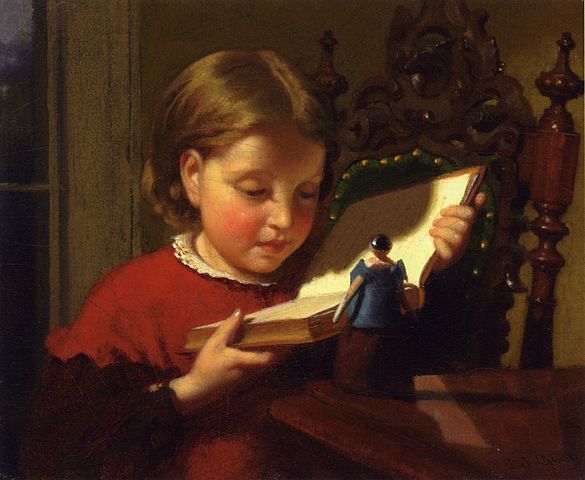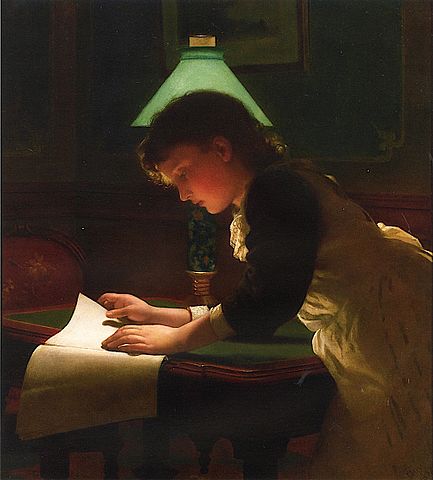
More about the best way to read scholarly articles
If the student is in a big hurry, and explains:
I only have a few minutes. Should I just read the abstract of scholarly articles?
Our reply may be:
Try reading the abstract and the results sections. Both of these should tell us what is really new about the research being published, and why the authors bothered to do it and publish it. Also why the editors of the publication agreed that it was new and making it available to other researchers in the field. Results sections of primary research papers are often full of data presented in different forms. Here again we may get some ideas about how to organize the data from our own research and present it most usefully to our readers.
If we are not interested in the questions being asked in the published research as described in the abstract, and the new data in the results section does not interest us, then the article is likely not of urgent importance to us. Or perhaps the whole subject matter is not one we should choose for our own original research, if we do not care much about it. There are many subjects to choose, and we should never worry if one topic does not fascinate us, since there are always many other ones.
If the student asks:
What should I look for in the discussion section of a research paper?
Our reply may be:
The discussion section allows the writers to tell us what they think their findings mean. It is one thing to offer data in diagrams or lists, but it is sometimes more difficult to explain what this data signifies. Sometimes in the discussion section, researchers will mention what future research might be done based on the newly discovered data and other results. This can be very useful to us as researchers, since it can give us ideas about what new projects to try.
If the student wants to know:
Is there ever any point in reading a bibliography?
We may inform them:
Since researchers will refer to previous publications, it can be helpful to see all the ones that were used in this research neatly lined up in alphabetical order. If we know a lot about our field, we may recognize some names of books or articles that we have heard of. We may also see some articles or books listed that we are not familiar with, and make a note to take a look at them as well.
If the student asks:
How can I know when an article is really not useful for my research?
Our answer may be:
After spending time with an article, we may find we really do not understand it. Or that after looking up many details, it still does not seem to make sense. It may be that the article or the topic of research is not for us. By switching to a different topic, we may find more understandable materials that are more rewarding for us to work with.

(All images courtesy of Wikimedia Commons)
